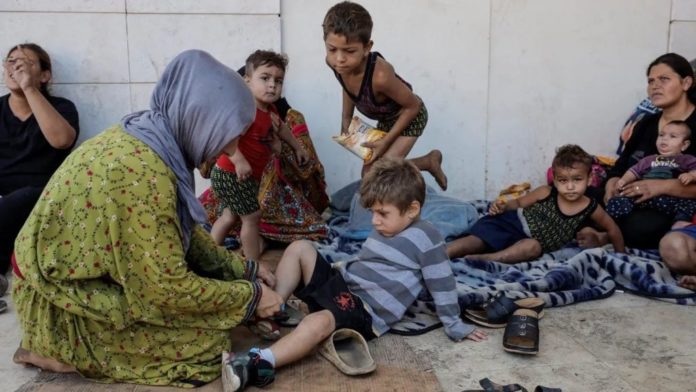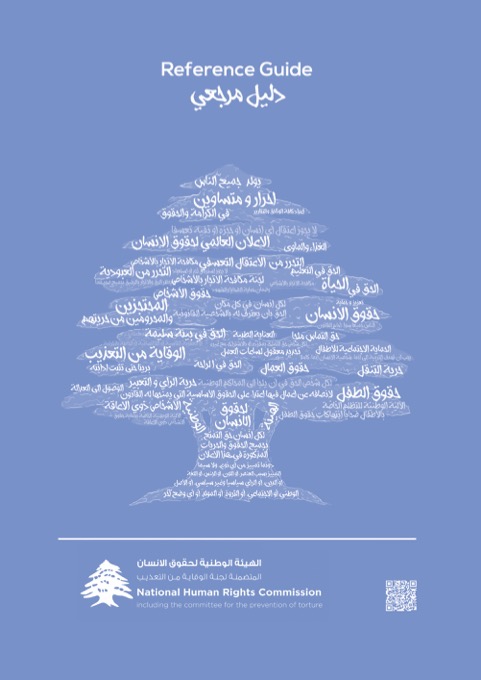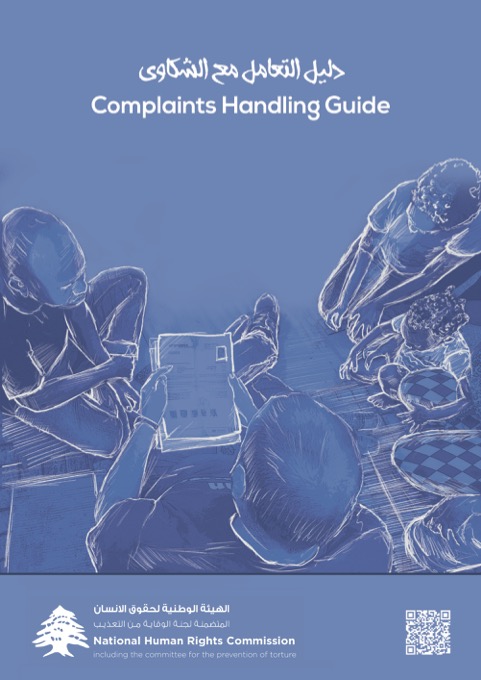هذا التقرير متاح أيضًا بـ: العربية (Arabic)
After three brutal and bloody days marked by a relentless escalation of Israeli air strikes, Lebanon bears witness to an unprecedented toll of martyrs and civilian casualties—all in a single day—coupled with the displacement of more than a million people. Israeli warplanes bombed the southern suburbs of Beirut, the Bekaa, and the South, all under the shadow of increasing international warnings and foreboding concerns of a full-scale war following the assassination of Hezbollah’s Secretary-General. On the 359th day of the war on the besieged Gaza Strip, the Israeli army left more victims amid continued airstrikes.
The Israeli government conducts itself as if it holds a “license to kill,” completely evading any accountability for its violations of international law. It seeks to normalize daily killings as an integral, accepted, and organic component of its policies and practices.
The Lebanese Prime Minister announced the allocation of 778 shelters, which currently host 118,000 people. However, it is well-understood that the number of displaced persons is much higher, potentially reaching one million. According to the Prime Minister, these individuals who had fled from southern and eastern parts of Lebanon, as well as the southern suburbs of Beirut, could constitute the largest displacement in the country, occurring in a very short period of no more than a few days.
According to updates from the Ministry of Health, the death toll on Sunday, September 29, reached 105, with 359 injured, bringing the total number of martyrs to 1,745, including 41 paramedics. The total number of injured has reached 8,767, and the number of airstrikes has since totaled 7,451.
In parallel, the Israeli Energy Minister asserted that the maritime border agreement with Lebanon was a mistake that should be corrected, as he seeks to find a way or loophole to void the maritime border demarcation with Lebanon. It is worth remembering that this maritime border agreement between Lebanon and Israel was reached in October 2022, after two years of indirect negotiations mediated by the U.S. to demarcate part of the Mediterranean which is rich in oil and natural gas. Lebanese civilian and military experts confirm that the agreement was lopsided and unfair to Lebanon, depriving it of a maritime area that includes part of the Karish field, which Israel currently exploits alone and unabated.
Source: ANND Newsletter A Region on Fire


